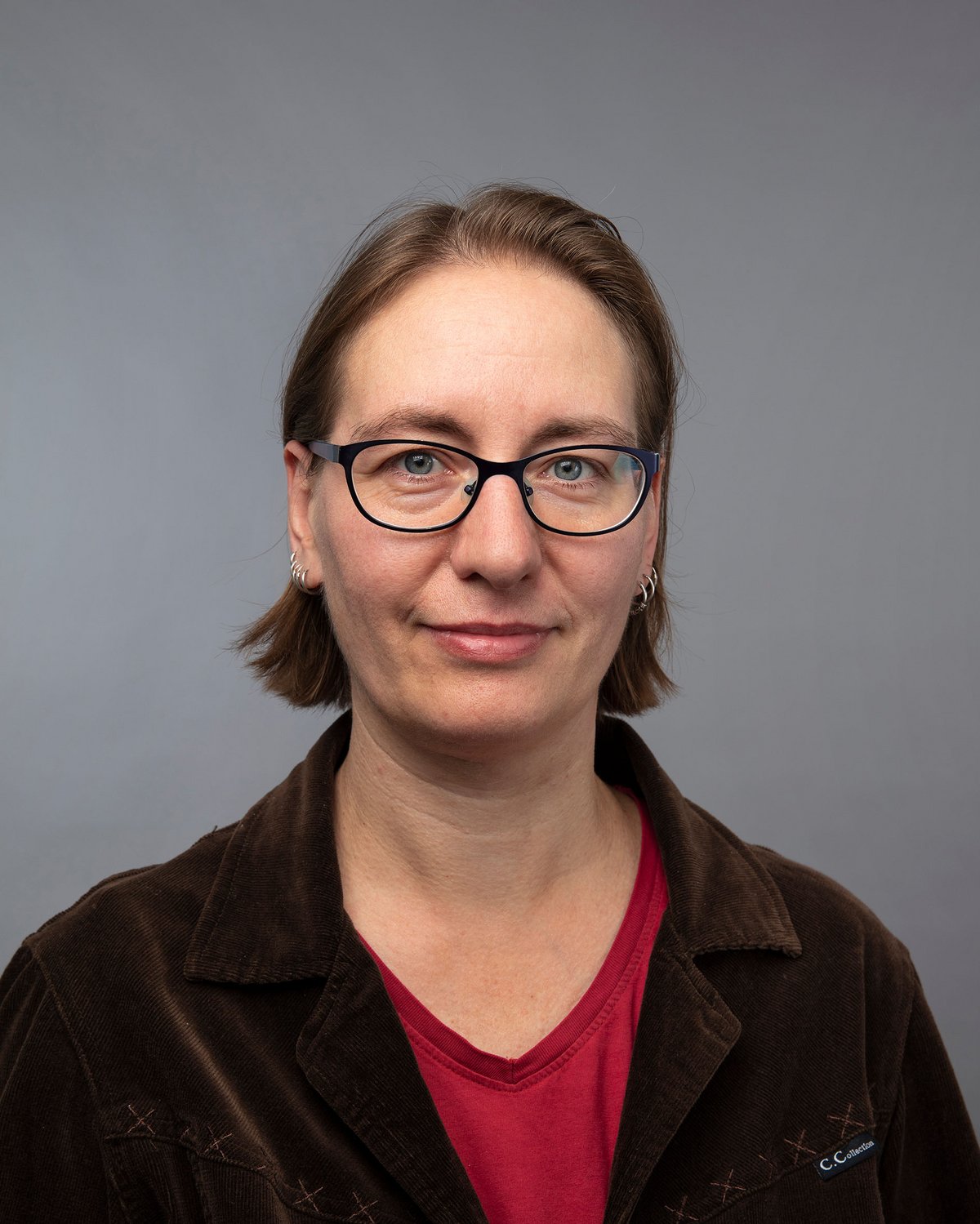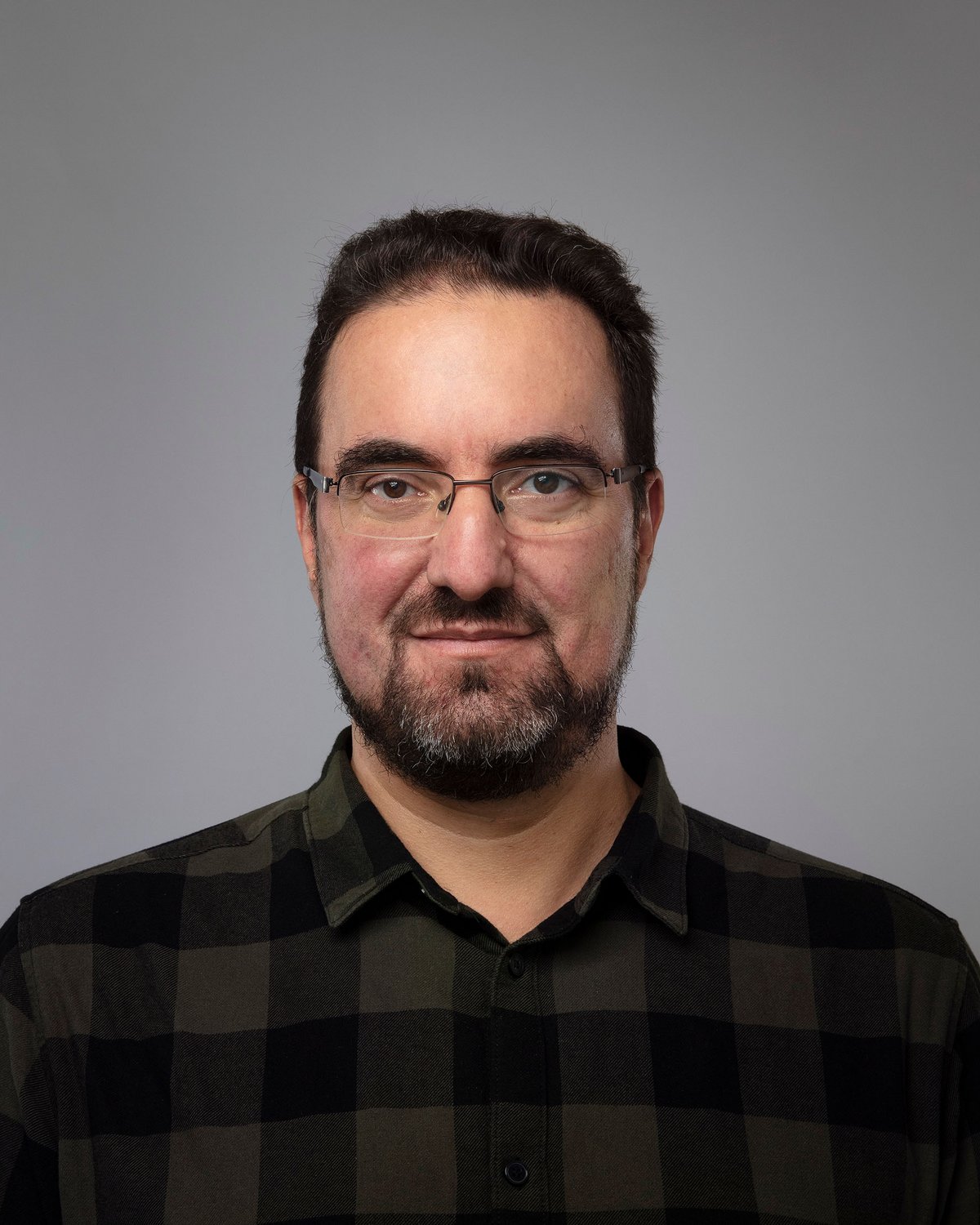The VILLUM Synergy Grant aims to strengthen interdisciplinary research in Denmark by supporting new collaborations that combine expertise within computer science with other research areas. This year, the foundation supports 15 new interdisciplinary projects with DKK 57 million. Congratulations to professor Ira Assent and associate professor Panagiotis Karras, who both have been awarded a Synergy grant. Karras will be working to make manufacturing greener and smarter by estimating the lifetime of tools and continuously tuning parameters to extend it. Assent aims to improve the value of data collected in Greenland - over the past 25 years - by improving data processing and analysis to better quantify the rate of climate changes and impacts on ecosystems.

Professor Ira Assent will be collaborating with professor Mikael Sejr, professor Marie Maar and scientist Andreas Michael Holback from Department of EcoScience as well as associate professor Nils Risgaard-Petersen, Department of Biology. All from Aarhus University.
Title: Connecting the dots; Improving value of an Arctic Observation System through machine learning
Grant: DKK 2.879.807,00
Overall goal: Improve the value of already collected data, and thus better quantify the rate of climate changes and impacts on ecosystems.
Human activities are resulting in loss of biodiversity and natural habitats. In the Arctic, the impact of climate change is especially strong as the pace of warming is three times that of global average. It is essential to monitor ecosystem health and convey information to decision makers to mitigate consequences for society.
With the rapid development in sensor technology and remote sensing the amount of environmental data from the Arctic has increased exponentially. We are now at a stage where data availability is not the bottle neck for knowledge but rather the integration of data from various sources into relevant synoptic products. The Greenland Ecosystem Monitoring Program has collected data for more than 25 years to quantify the rate of climate change and impacts on ecosystems. The time series and expertise build up in the program are globally unique.
The aim of this project is to improve the value of this unique data collection program by involving data scientists to improve data processing and analysis and to develop novel synoptic ecosystem indicators. Developments will be readily applicable to environmental monitoring systems globally.

Associate professor Panagiotis Karras will be collaborating with associate professor Ramin Aghababaei from Department of Mechanical and Production Engineering at Aarhus University.
Title: Enabling efficient use and recycling of cutting tools using multifidelity optimization
Grant: 2.998.156,00
Overall goal: Make manufacturing greener and smarter by estimating the lifetime of tools and continuously tuning parameters to extend it.
Cutting tools are the most costly elements of any manufacturing process; unfortunately, the manufacturing sector is wasting enormous materials and energy because it does not use such tools optimally. In the absence of a robust technique to estimate a tool’s remaining useful life (RUL), operators monitor tool deterioration empirically by tracking the level of sound/vibration in the machine. Recent studies have shown that models derived based on data of reasonable accuracy cannot predict a tool’s RUL in real time.
In this project, we aim to enable the indirect monitoring and prediction of tools’ RUL via a data-driven reduced-order model (ROM) based on a multifidelity optimization approach informed by both real-time data and computational estimates. Thereby, we intent to furnish a game-changing method for the manufacturing sector that will drastically reduce energy and material waste while increasing recycling potential. The ROM we will develop shall constitute a crucial first step towards the long-term vision of green manufacturing.

With the VILLUM Synergy grant, VILLUM FONDEN wishes to strengthen interdisciplinary research in Denmark by focusing on the interdisciplinary field of data driven science.
Compelling evidence shows that interdisciplinary research is markedly more effective at leading to ground-breaking results than monodisciplinary research. Digitalisation, artificial intelligence, and big data calls for new collaborations that combine expertise within computer science with other research areas. Read more about the VILLUM Synergy Grant: https://veluxfoundations.dk/en/villum-synergy